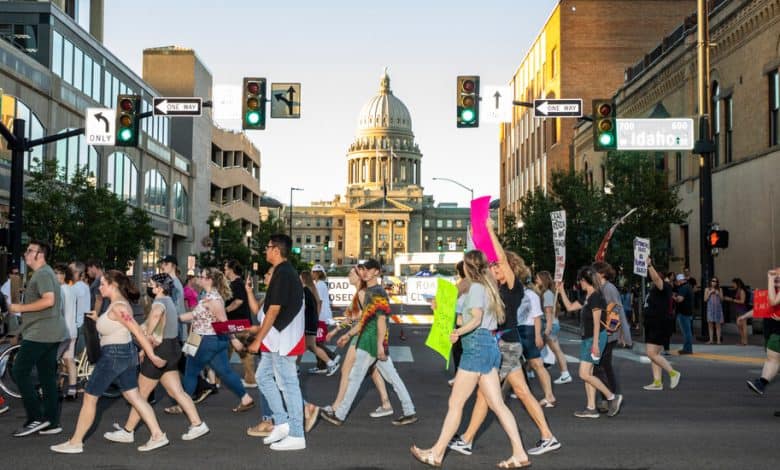Supreme Court to Examine Clash Between Idaho Abortion Ban and Federal Law

The Supreme Court will hear arguments on Wednesday about whether Idaho’s near-total abortion ban conflicts with a federal law that protects patients who need emergency care, in a case that would determine access to abortions in emergency rooms across the country.
The federal law affects only the sliver of women who face dire medical complications during pregnancy. But a broad decision by the court could have implications for the about 14 states that have enacted near-total bans on abortion since the court overturned a constitutional right to abortion in June 2022.
The case may also have broader consequences if the justices adopt language about fetal personhood, some legal scholars argue, an increasingly polarizing fight that surfaced recently in Alabama, after its top court ruled that frozen embryos in test tubes should be considered children.
The dispute is the second time in less than a month that the Supreme Court is grappling with abortion. It is a potent reminder that even after Justice Samuel A. Alito Jr. vowed in 2022 that the issue of abortion would return to elected representatives in Dobbs v. Jackson Women’s Health Organization, it continues to make its way back to the court. In late March, the justices considered the availability of the abortion pill mifepristone.
The federal law at issue, the Emergency Medical Treatment and Labor Act, or EMTALA, enacted by Congress in 1986, mandates that hospitals receiving federal funds provide patients with stabilizing care.
The Biden administration maintains that this law collides with — and should override — Idaho’s near-total abortion ban. Under the state law, the procedure is illegal except in cases of incest, rape or when it is “necessary to prevent the death of the pregnant woman,” and doctors who perform abortions could face criminal penalties. Lawyers for the state contend that the administration has maneuvered the federal law in a way that would bypass state bans.
